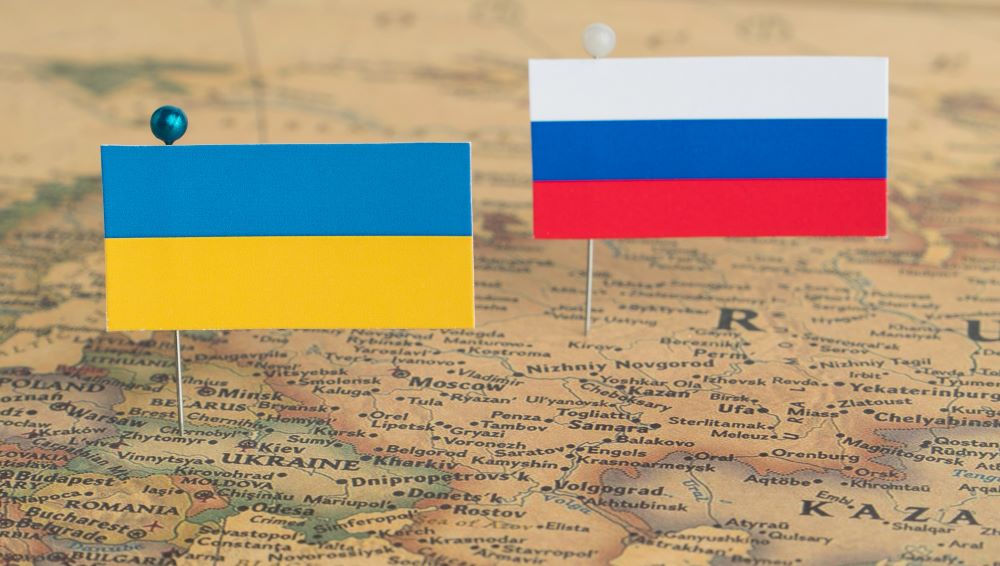
The UK’s export controls unit has updated its guidance about the sanctions the government has imposed on Russia and how these will affect UK traders doing business with entities from or associated with the country.
The update comes amid reports of a possible de-escalation of the crisis in Ukraine, with Russia claiming it is withdrawing some of its troops from the border between the two countries.
New legislation
According to Politico, the UK has previously only been able to impose sanctions on those entities or businesses that have been directly linked to the destabilisation of Ukraine.
However, Liz Truss announced at the end of January that the government intended to broaden the scope of these sanctions.
On 10 February 2022, the ‘Russia (Sanctions) (EU Exit) (Amendment) Regulations 2022’ came into force.
Broadened
According to DLA Piper, this legislation expands the sanctions to encompass Russian businesses and entities with “economic significance” for the Russian government, as well as those operating in nine sectors of strategic significance to the Kremlin.
These sectors are:
- Chemicals
- Construction
- Defence
- Electronics
- Energy
- Extractives
- Financial services
- Information, communications and digital technologies
- Transport
The UK government can also freeze assets of entities or individuals involved in “destabilising Ukraine or undermining or threatening the territorial integrity, sovereignty or independence of Ukraine”.
New advice
The Department for International Trade’s (DIT) Export Control Joint Unit (ECJU) has issued new advice on the expanded scope of these sanctions, covering the following:
- how firms can comply with the new prohibitions and requirements
- how government is enforcing the new rules
- circumstances where the new rules will not apply
The advice also covers controls against the trade and supply of multiple goods classifications, including:
- military goods and military technology
- any Chapter 93 classification goods other than military goods
- provision of services, funds or personnel which enable or facilitate the conduct of certain military activities
- dual-use goods and technologies
- energy-related goods and services
- infrastructure-related goods
- services relating to a relevant infrastructure sector in Crimea
- services relating to tourism in Crimea
UK impact
A Russian invasion of Ukraine would have significant implications in the geopolitical arena and could impact British trade too, with imports of chicken and grain from the Ukraine potentially endangered.
Brandon Weichert, a geopolitical analyst, has told the Express that a Kremlin ban on Russian exports of ammonium nitrate could also lead to price hikes for UK consumers, as the chemical compound is used as a fertiliser to boost yields for crops including corn, cotton and wheat.
“The impact will be a massive spike in prices, especially as other factors harm the production of, for example, corn and soybean products which are going into harvesting season presently in Latin America,” he said.
Britain yesterday also warned that it could block Russian companies from raising money in London if the crisis were to escalate further, Reuters reports.
For further updates and information about sanctions, embargoes and export controls, view our Export Control Profession membership here.



